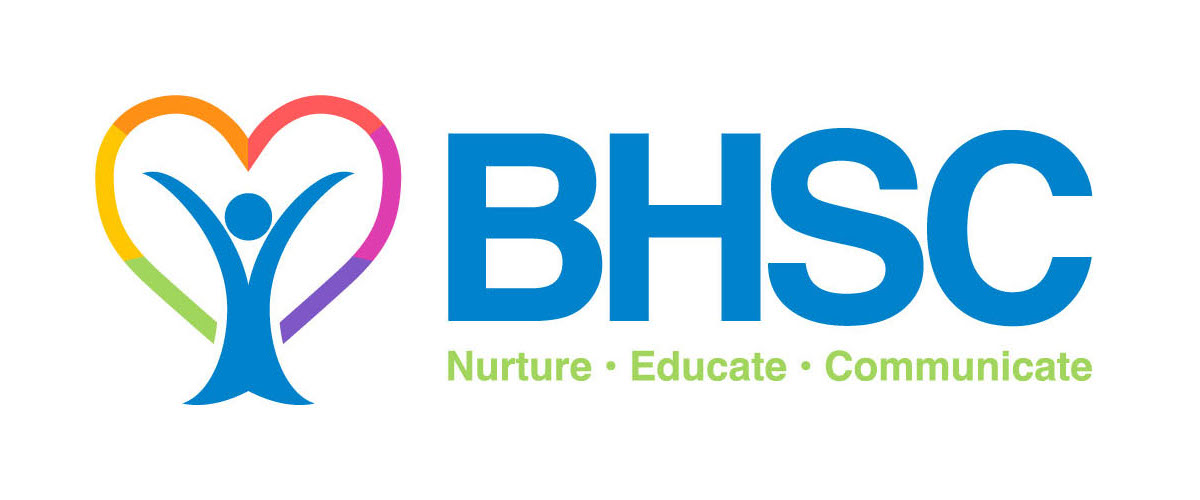I am very excited and eagerly anticipating the opening of the Explore & More Children’s Museum at Canalside. Like other cities, we will finally have a first class Museum dedicated to children and play, The location is perfect for attracting a wider audience of children and families [and] the design previews promise exceptional and exciting play experiences for our community’s children. I want to use the backdrop of this wonderful community resource to talk about the importance of play in the life of a child.
My own clinical theoretical training and framework about play comes mainly from ideas and theories put forth by Piaget, Maria Montessori and of course Fred Rodgers. While Montessori was the theorist who said “play is the work of the child,” each of these individuals subscribed to the notion that play is a developmental necessity for children. Through the use of play and the process of playing, children gain a vehicle for working out personal constructs and growth in their social and emotional development as well as engaging as a supporting role in their physical development. Bottom line for parents and educators to know from play theory: Play is important and necessary for children and their healthy development!
Play as many of us who are older can recall was quite different in many respects from the play activities children are engaging in today. When I was growing up in the 50’s and 60’s most of my free time was play oriented and we had built in play periods and recess at school. Much of my play was unstructured in that we didn’t always have adults leading or directing our play activities. We played board games with one another, we engaged in physical play like sports games, and we had imaginative play in make believe scenario play. We also had some alone time where we could stretch and exercise our imaginations in limitless ways.
We learned about following rules and responding to order by playing games. We, on our own, organized our time around playing with our friends and games came about as a result of the collective organization of the group of children playing together. Competition with cooperation was something that developed organically through play. We learned how to be gracious winners and good losers- and losing usually prompted us to try harder the next time. So much of our socializing and socialization was play oriented especially in our younger years.
Play also served as a catalyst for our early experiences with autonomy away from our parents. When we engaged in play we didn’t need adults around us to organize games, police the rules or settle disagreements. We learned a mastery of these important life skills via our play experiences. We had playgrounds to spend time away from home at. We had ballfields to play ball at and if we didn’t that would not deter us as we would just find a field and make one to play at- usually having to hunt for objects that would serve as the bases. Most importantly, we spent time with our friends and made new ones through our play activities.
Things today are different for children even with the way they play and the amount of time they engage in it. Due to safety concerns fewer playgrounds are being maintained in our communities, and parents today are more cautious about just sending their child out to a playground without structure and supervision- as a result autonomous play is greatly curtailed today.
Quantitatively children have less play time than we did and when they do have play time it is often structured in some way. The availability of play in schools has diminished over time as many districts have done away with recess periods which for us was our chance to get out, run around and just be goofy for a bit before heading back into our classrooms. Today schools mainly only have physical education as a “play time.”
Perhaps most notably different for children today in regards to their play activities is that it is often solo, parallel and electronic. Parents frequently ask me about my thoughts on the effects of electronic gaming on children and I try to answer it in a couple of ways. First, I try to educate around the importance of play and what is means to the healthy development of a child. Second, I share what we know from research about the good and the bad impacts of e-play for children. So here it goes…
Children today more than ever are spending huge amounts of time involved with electronic games, computers, iPads, and other e-activity. Some reports are suggesting that American children are spending more time with electronics than they are with their parents [particularly fathers]. While electronic learning games are helpful and while electronic games are fun, we must consider what the longer term development impact on children might be.
The answer is not a simple one in that there are pluses and minuses to be weighed in making that judgement. Once again, let me reinforce that developmental psychology has shown us that play is the “work” of children; and play stimulates imagination and creative expression; and that play is very helpful to early brain development. We also know that as children grow older, play is an important way for them to learn social skills and people skills.
With interactive “people play” limited in the home and with cuts to recess and physical education in our schools we can see new variants as to how children are playing in today’s culture. Traditional research on the importance of people stimulated play on brain development suggests we may be missing something important with the play impact on a child’s development. Further, I think all of us as parents and as educators are concerned about the social and emotional foundation of childhood today as we try to figure out how this new era of play will be affecting children over time.
Scientific American in 2009 published an article on the serious need for play in childhood and concluded the research saying “Free,
imaginative play is crucial for normal social, emotional and cognitive development.” It makes us better adjusted, smarter and less stressed”. These conclusions were based on children being allowed and encouraged to spend time in imaginative play, people interactive play, social play, and learning play along with periods of gross motor physical activity.
So, on to my second point- Let me make a few comments on video games and e-gaming. I have to begin by saying first that parents must take responsibility to monitor the genre of video games their children are playing and how often and for how long their children are playing these games. Video games are addictive so watching the time your child spends playing video games is essential. If your child is exposed to a steady diet of violent image games and violent behavior task games, children may begin over time to become somewhat desensitized to actual or real violence in their lives. This particular impact variable could negatively affect both executive function in decision making and stimulate lack of control issues among some children. Parents also have to watch for addictive e-gaming behaviors- becoming concerned when video play looks like more of a compulsive activity that begins to exclude other typical family time.
There have been some studies suggesting that small, monitored doses of video game playing can have positive impact on some particular cognitive functioning in children. To be a successful gamer you must learn to follow directions and as the child advances in levels they usually have to multitask. Cognitively there is ongoing mapping, pattern recognition, and the child must learn how to judge the situation in order to overcome obstacles. Video games also increase hand-eye coordination, fine motor skills and spatial reasoning. While I no longer have small children who are into the gaming culture I do acknowledge that there are pluses and minuses to be considered by parents in allowing or banning video play in the home. But, from what we know about the pluses and minuses of gaming and video device use is that parents must limit the use of and time spent solely with e-games.
Like so many other issues these days, the concept of video games is a bit controversial if not a practical conundrum in most households. The line between a healthy amount of gaming and an excessive amount is easily blurred and crossed– especially when video games are as addicting as studies claim. As parents, it is prudent to find moderation in all things. Banning games entirely may be good for some households, but others (depending on the prominence of gaming within the environment) will find that it may socially isolate their children, take away a source of joy and possibly cognitive development. However, opening the door to the good, will also allow access to the bad including exposing the children’s minds to the realm of violence, taking their free time away from doing other things, and putting them at risk for obesity [which research has correlated to the over dependence and time spent on video game play.] In the end, it is important that parents monitor what kinds of games children are playing and being exposed to, for how long they are playing e-games and if it is looking to the parent like it is becoming compulsive or addictive behavior.
Related to the impact of video games on child development is the change today in the busy structured lives our children are living. I watch how my daughter and son-in-law manage the schedules of my four grandchildren who are all busy, talented and inquisitive children, so I empathize with the life pressures on today’s parents and I see first-hand the structural impact of managing the family home with so many child focused activities dominating any 24 hour period. I get dizzy and physically exhausted from all the action and coordination it takes them to get the grand children to the variety of activates that they are involved with.
Parents who spend their days rushing their children between endless practices, appointments and performances undoubtedly want their children to develop into talented and successful adults. But according to several developmental studies, this kind of frenetic appointment structuring around the clock isn’t the best method for child learning, underscoring the fact once again that children of all ages also need unstructured play time to “unplug” from busy lives in order to grow and develop into healthy, happy adults.
Which leads me back full circle to how important imaginative play, unstructured play time, interactive people play and good old fashioned- get out of the house and run around play are in being the necessary task ingredients for typical, healthy childhood development.
The best advice I can leave you with is to make sure your house can accommodate all types of play in your child’s life. Video gaming can be good but not to the exclusion of the more traditional types of play activity. Remember…play is the “work” of children. It is important in form and function to help your child achieve healthy developmental milestones in social, emotional, cognitive and physical development.
We take play as a very important part of our day here at Buffalo Hearing & Speech Center in all that we do with children in their education time and in therapy. It is with that belief about the importance of play in a child’s life that I cannot wait for Explore & More Children’s Museum to open its doors and welcome our WNY children and families to come and play…and best of all to have time to be together and play together.
So to wrap it up- Get outside and play with your children- have game nights at home around the table- take them on an Explore & More experience and just have fun and smile a lot together…I promise, you will be glad that you did.
Be well, joe cozzo




